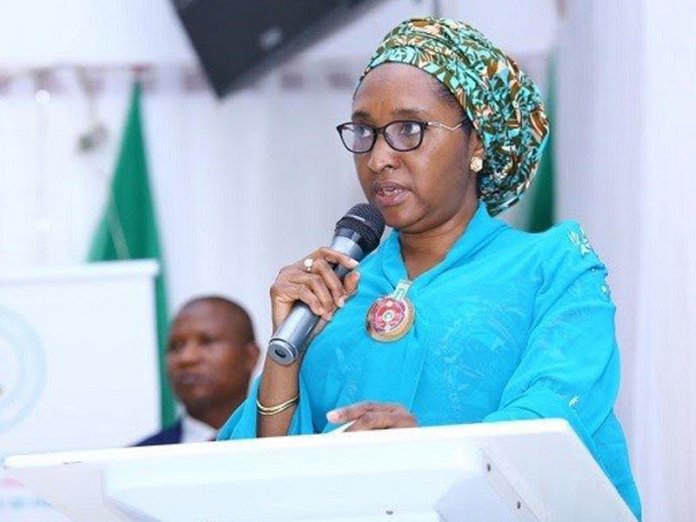
Understanding Foreign Financial Inflows in Nigeria
By Ozumi Abdul
The presence of foreign investments is one of the major factors that boost growth in any given economy.
There is always a gap between the level of resources required for investment to propel the minimum required growth in an economy and the actual resources that are invested, particularly in developing countries. The resources available for investment can be sourced domestically or internationally.
However, the domestic resources are generated from savings which are most times grossly inadequate for the required investment to propel growth. Thus, the need to source for foreign capital to complement the domestic capital that is available and as such it has played vital roles in the process of economic development of many developing
countries.
Foreign capital inflow comes through various sources either in the form of Foreign Direct Investment (FDI), Foreign Portfolio Investment (FPI), foreign grants and aides, foreign
loans and Foreign Remittances.
Within Sub Saharan African countries, Nigeria inclusive, foreign inflows come primarily through foreign aid, either directly from developed country governments or through different types of grants supplied by developed country governments and non-governmental organisations.
Also Read: eNaira Advocacy: Touching Base with the Grassroots, by Abdulrahman Abdulraheem
Additionally, private capital inflows to Africa have surged in recent years. While foreign direct investment has begun to play a greater role in recent years, remittances remain the primary source of private foreign inflow to Sub Saharan Africa and African countries in general.
For instance, a quarter of inflow in Nigeria in 2007 was remittance and some other
countries like Kenya, Ethiopia and Ghana had the same experience.
However, some economists are of the view that the economic downturn in Nigeria was as a result of the foreign capital inflows into the country and other developing countries and therefore the economy does not require foreign capital inflow to cause growth. But others (the neo-liberals) were of the view that the economic downturn was not as a result of foreign capital inflow but was due largely to corruption, fraudulent use of public funds, insecurity on the part of lenders and borrowers, among others.
Thus, the neo-liberals advocated for foreign capital inflows that may bridge the gap between the expected investments and the actual amount invested.
Therefore, considering the crucial place of international capital in a nation’s development process, it becomes expedient to investigate the flow of international capital into Nigeria and its effect on economic performance of the country.
Capital is an important aspect of production that cannot be neglected. As a major component of production, its domestic inadequacy, mostly, in developing countries is a challenge in terms of economic growth.
This has made countries to source for capital elsewhere since where it originates from is not significant as long as it will propel rapid economic growth.
The capital gotten from outside the country is what is known as foreign capital.
Therefore, foreign capital inflows could be seen as the influx of funds (capital) from a source or sources outside the country. Basically, foreign capital inflows are divided into two categories; official and private capital inflows. Official capital inflows involve all well documented or recorded financial transactions from outside the shores of the country in both the private and public sectors.
Whereas, the private inflows have to do with capital or fund that is transferred into
a country. Such funds (in some instances) are smuggled into a country and most times are not accounted for.
Studies have shown that economic growth which is the numerical increase in the produced goods and services is determined by some determinants (factors).
There exists a relationship between FPI and economic growth. This implies that FPI can be a factor that influences economic growth, employing the necessary econometric tests of Johansen co -integration, unit root, Granger Causality and Error Correction Mechanism (ECM), will be economically good for Nigeria.
Economic growth adjust slowly to long-run equilibrium changes in the aforementioned positive variable of foreign portfolio investments.
Ozumi Abdul is staff writer with PRNIGERIA and can be reached via [email protected]
